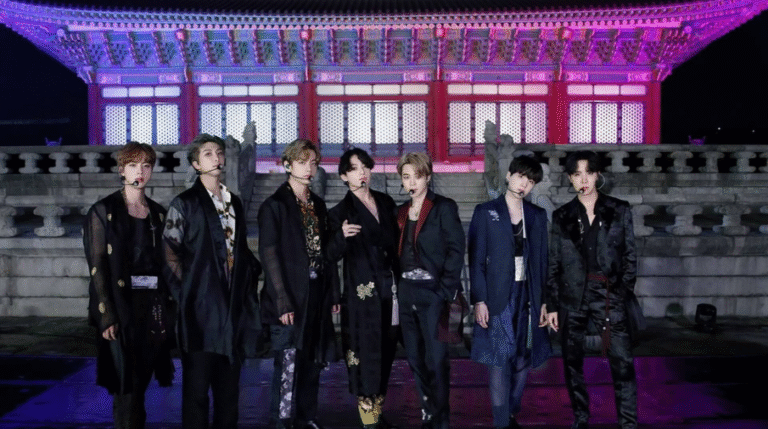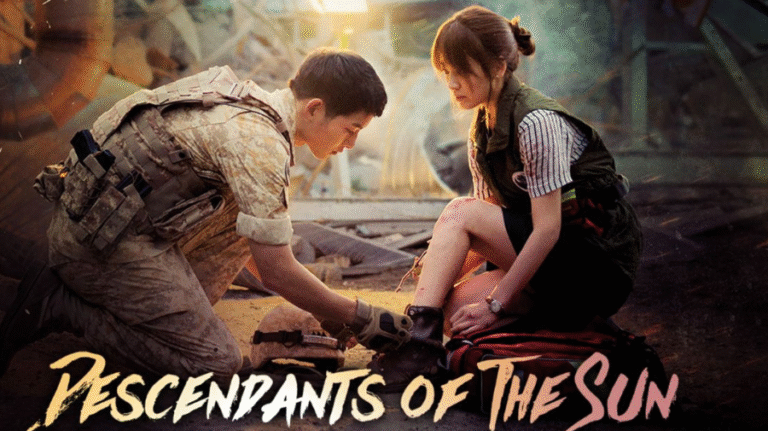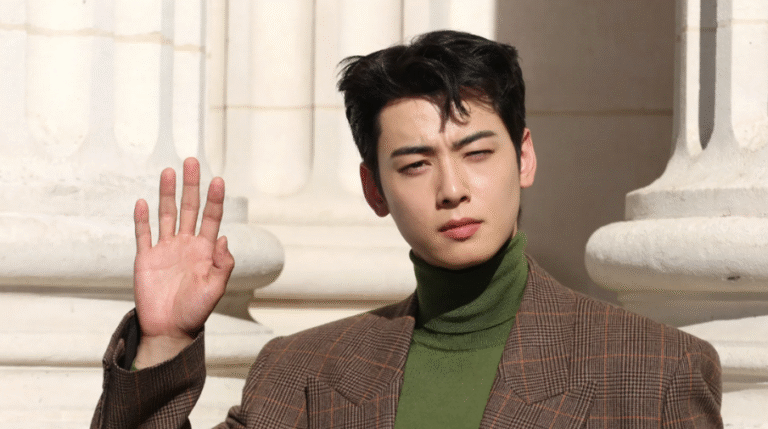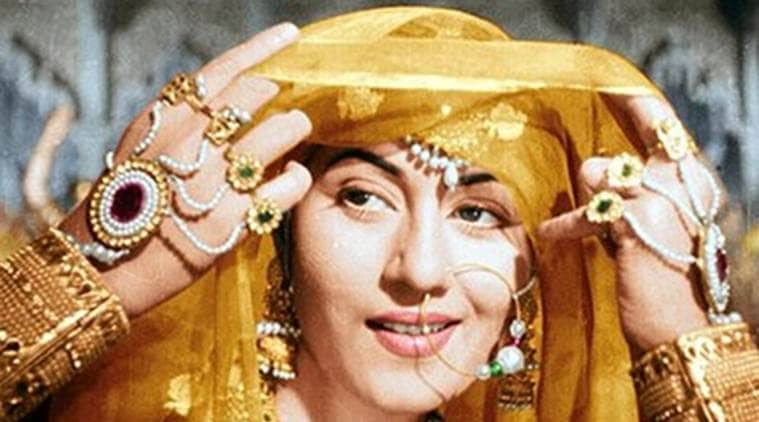
Dinner was over. I was sitting there, scrolling mindlessly on my laptop, looking for something, anything to watch. Something light, something easy. Maybe an episode of that sitcom I’ve seen a thousand times. Or some random rom-com I could half-watch while checking my phone.
But then I saw it. Mughal-e-Azam. On the poster, an image of Dilip Kumar and Madhubala.
An old 1960s movie I’d only heard about. My grandparents used to speak of it with this kind of reverence, as though it wasn’t just a movie but a memory they carried in their bones. I’d seen a few clips on Instagram, mostly of the glittery mirror hall or those dramatic lines about love and defiance.
At first, I almost scrolled past. But something in me, maybe curiosity, maybe boredom, made me click play.
The Moment She Opened Her Eyes
It began just as I expected: long scenes, flowery dialogue, big sets. All that melodrama people love to make fun of. I leaned back in the couch, rolling my eyes, telling myself I’d watch for five minutes just to see what the fuss was about.
And then she appeared.
Painted white, standing perfectly still, pretending to be a statue in the palace garden. Even frozen, she looked alive. And then she opened her eyes.
That was it. The magic of Madhubala had captured me.
Something shifted inside me. My breath caught in my throat. In that one moment, it didn’t feel like I was watching an old movie anymore. It felt like she was looking straight at me. I couldn’t look away.
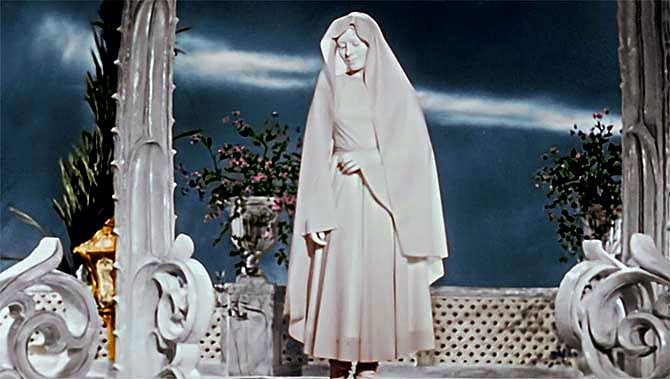
More Than Music, More Than Dance
I thought nothing could make my jaw drop anymore. But then came Mohe Panghat Pe Nandlal Ched Gayo Re. The court transformed into a festival of colour and grace. Madhubala, draped in orange and green, danced as if she were made of light. Every movement was poetry, every glance a secret. The song was playful and devotional. And she embodied it all, a goddess and girl at once.
From there, the movie unfolded like some kind of dream. Each song, each scene, felt more personal than it had any right to feel.
When Mohabbat Ki Jhoothi Kahani Pe Roye began, I felt her sorrow press against my chest. Her eyes were wet but strong, as though she’d seen the worst of love and chosen to endure it anyway. I wanted to reach through the screen, take her hand, and tell her she deserved better.
And then came Pyar Kiya To Darna Kya. I’d seen that one before, snippets on reels. But nothing could have prepared me for seeing it unfold in all its glory. Madhubala standing in the Sheesh Mahal, defying emperors and fate, her love blazing brighter than all the mirrors around her.
For someone like me, from a generation that hides its feelings behind sarcasm and memes, watching her spin and sing like that was unsettling in the bravest of ways.
And then there was Dilip Kumar. I didn’t think much of him at first, but as the movie went on, he too began to weave himself into the spell. The way he looked at her, the way he stood beside her. He didn’t need to say much. His silences said everything.
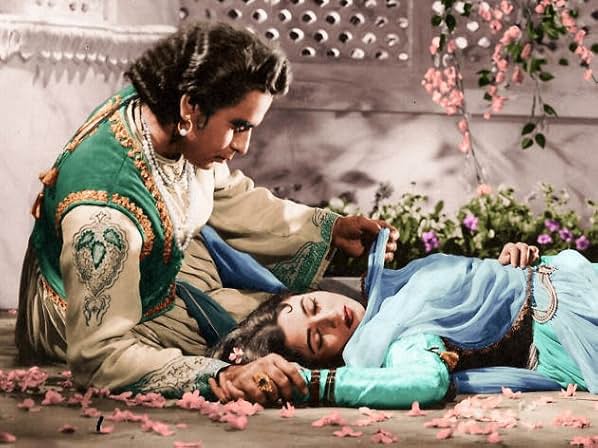
A Love That Demands To Be Extra
Every song felt like a love letter, an ode to love itself. The sets, the costumes, the dancers at first they felt extravagant, even excessive. But then I realised a love like that, a movie like that, a woman like that, demands to be extra.
By the time the final scene faded and the credits rolled, I just sat there. Staring at the blank screen. My room was quiet, but my heart wasn’t. Madhubala stayed with me. Her smile, her tears, her defiance. She had reached through decades, through screens and cynicism, and touched me.
When an Old Movie Found Me
I think about that a lot now. About how beauty can hurt, how longing can be lovely. And how sometimes, you don’t find a movie. It finds you.
That night, sitting alone in my room, watching a woman in white paint open her eyes, I realised I’d never be quite the same again. Because you don’t just watch Madhubala. You surrender.
Stay tuned at The World Times for more such articles.

